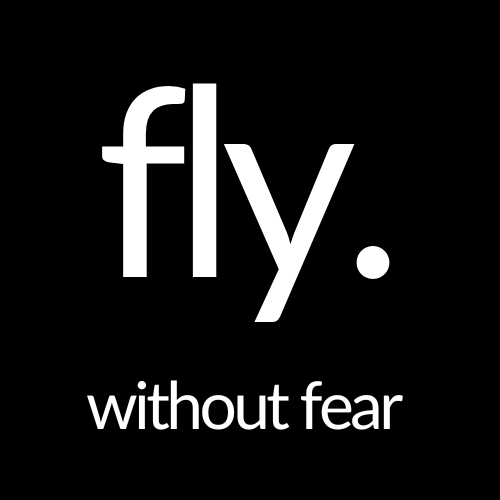A Mental Sticky Note: Lessons from a Corgi
How does a fear start ? And what does it have to do with Corgis?


When I was young - perhaps 7 or 8 years old, I had an experience with a Welsh corgi that left an impression in my brain that’s still with me today. I was at a friend’s house, sitting on the floor, playing with this cute, stubby dog when, all of a sudden, it growled and snapped at me. It didn’t bite, but that split-second shock startled me enough to leave a lasting note of caution around corgis. It became a quiet mental “be careful” flag that stayed attached to that breed.
Since then, whenever I see a corgi, my brain reminds me of that moment. Luckily, this moment didn't grow into a generalized fear of dogs for me; my mind just put a little “be careful” flag around corgis. My brain attached a meaning to that experience: “Be cautious around corgis.” It’s as though it’s kept a little mental post-it note to protect me from potential harm.
Don’t get me wrong—I love dogs and always have. They bring so much joy and companionship into my life, and I know corgis are no exception. My reaction isn’t about corgis themselves; it’s just a small reminder of that childhood experience.
The Protective Mechanism of Fear
It’s interesting how clearly I remember that moment, even all these years later. Fear has a way of carving out details in your mind, capturing every second with detail and clarity. Our brains are wired to make these moments stick—they’re like little survival lessons, reminders of what to be cautious about in the future. Even something as minor as a corgi’s growl and snap can leave a lasting imprint.
Although this small incident didn’t turn into a fear of all dogs for me, it is understandable how one brief moment like that can snowball. Fear is a powerful mechanism designed to keep us safe. It’s the brain’s way of saying, “Remember what happened last time? Let’s avoid that again.”
When an experience like this happens, our minds often generalize to keep us “protected” from similar future situations. This mechanism is how many fears can grow: something happens, the brain remembers, and a pattern forms. Without tools to manage it, that protective pattern can expand to affect other areas—especially if other people reinforce the fear or it becomes a significant event.
How Fears Can Escalate
For some people, fears can expand far beyond the original event. A fear of heights, for instance, might grow into a fear of bridges or tall buildings. Our brains are so good at forming these protective patterns, but they’re not always precise. When left unchecked, this pattern-building can lead someone to avoid harmless situations, people, or opportunities simply because they resemble something that once made them feel unsafe.
Rewriting the Fear Script with EFT and Hypnosis
Tools like EFT (Emotional Freedom Techniques) and hypnosis are powerful for addressing these lingering fears. Used together, EFT and hypnosis offer profound and gentle ways to reframe these mental “post-it notes.”
EFT involves tapping on specific points on the body, helping reduce the emotional intensity of memories and beliefs. By tuning into the memory of a fear while tapping, you send signals to the brain that it’s safe to let go of the strong reaction. It’s a way of telling your mind, “Thank you for trying to protect me, but I’m safe now. I don’t need this level of caution anymore.”
Hypnosis works by guiding you into a relaxed state, where you can access the subconscious mind and reframe those deeply ingrained beliefs. In this relaxed state, you are more open to changing outdated associations and replacing them with healthier, balanced ones. The combination of these tools together produce lasting and meaningful change.
Letting Go of Unnecessary Fear
If you have a fear that’s holding you back or growing larger than you’d like, know that you’re not alone. Your mind is sometimes just a little too good at protecting you sometimes. EFT and hypnosis can help you gently step back into the driver’s seat (or onto the plane), letting you open up to life with more ease, confidence, and openness. By understanding and managing our fears, you can allow the “be careful” flags to guide you, without letting them hold you back from the life you are meant to live.
Given the right tools and mindset your mind is capable of incredible flexibility. Just because you held onto a fear for years doesn’t mean it has to define you forever.
And finally … here’s a shout out to corgis. Though that one moment in time left a small mark on me, I salute them for all of their cuteness and smarts and honor them as the beloved furry friends they are (nod to Queen Elizabeth!)
If you would like to see how these tools can help you click on Let's Talk and schedule a free consult. I'd love to talk !
Blog Posts




